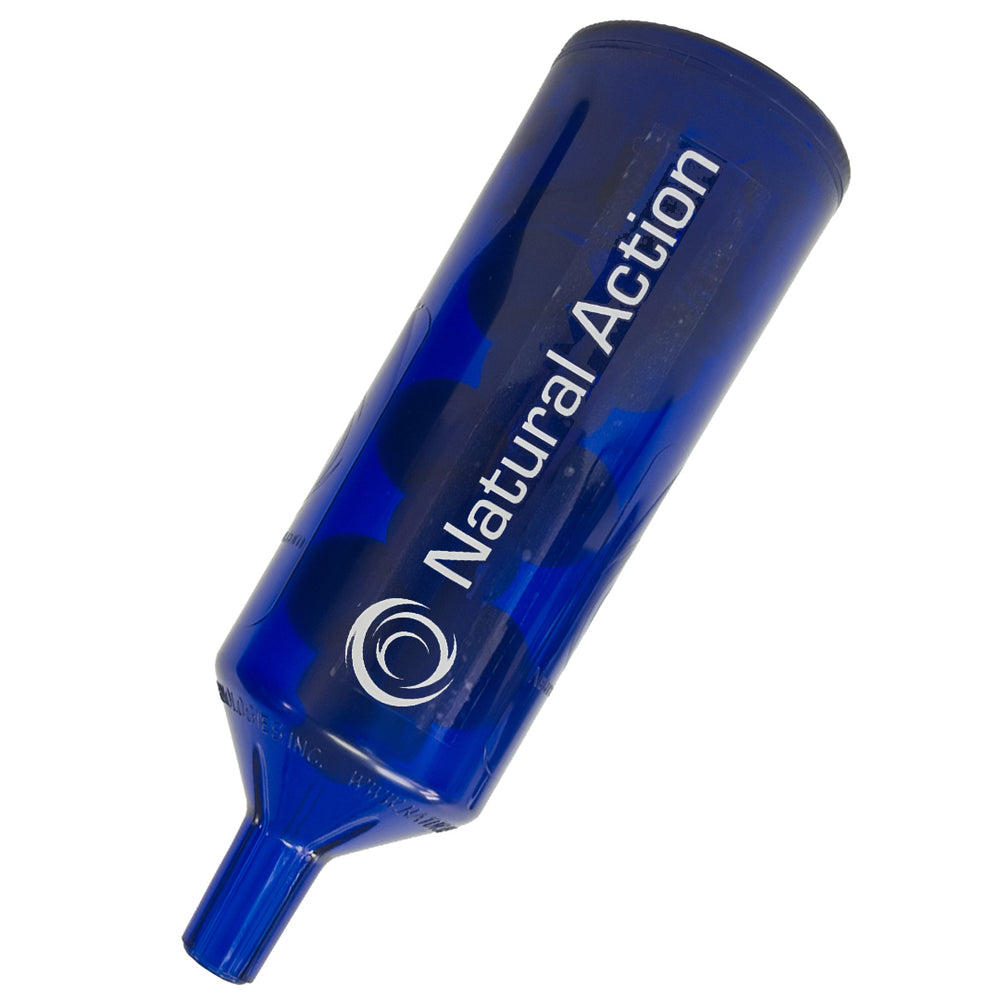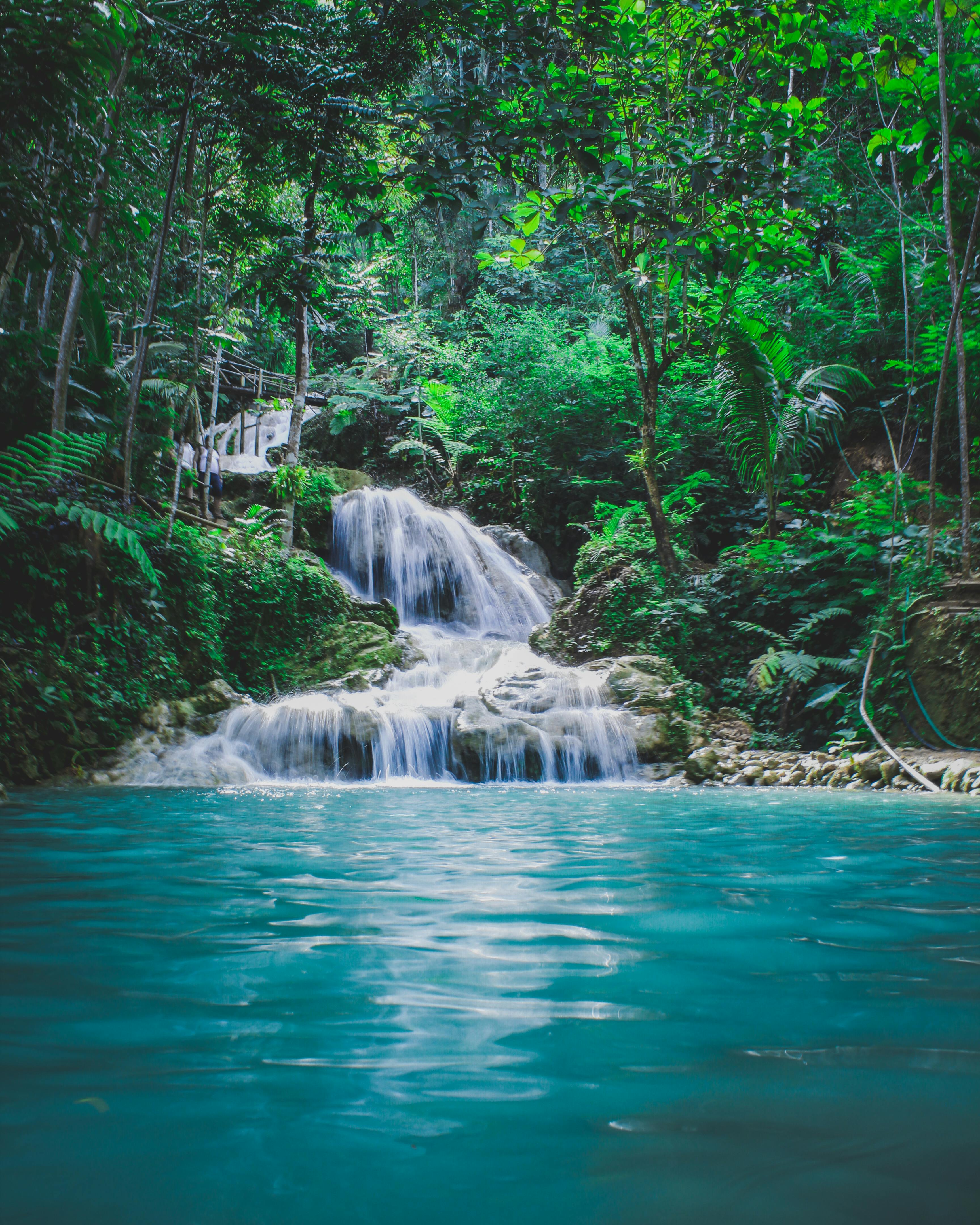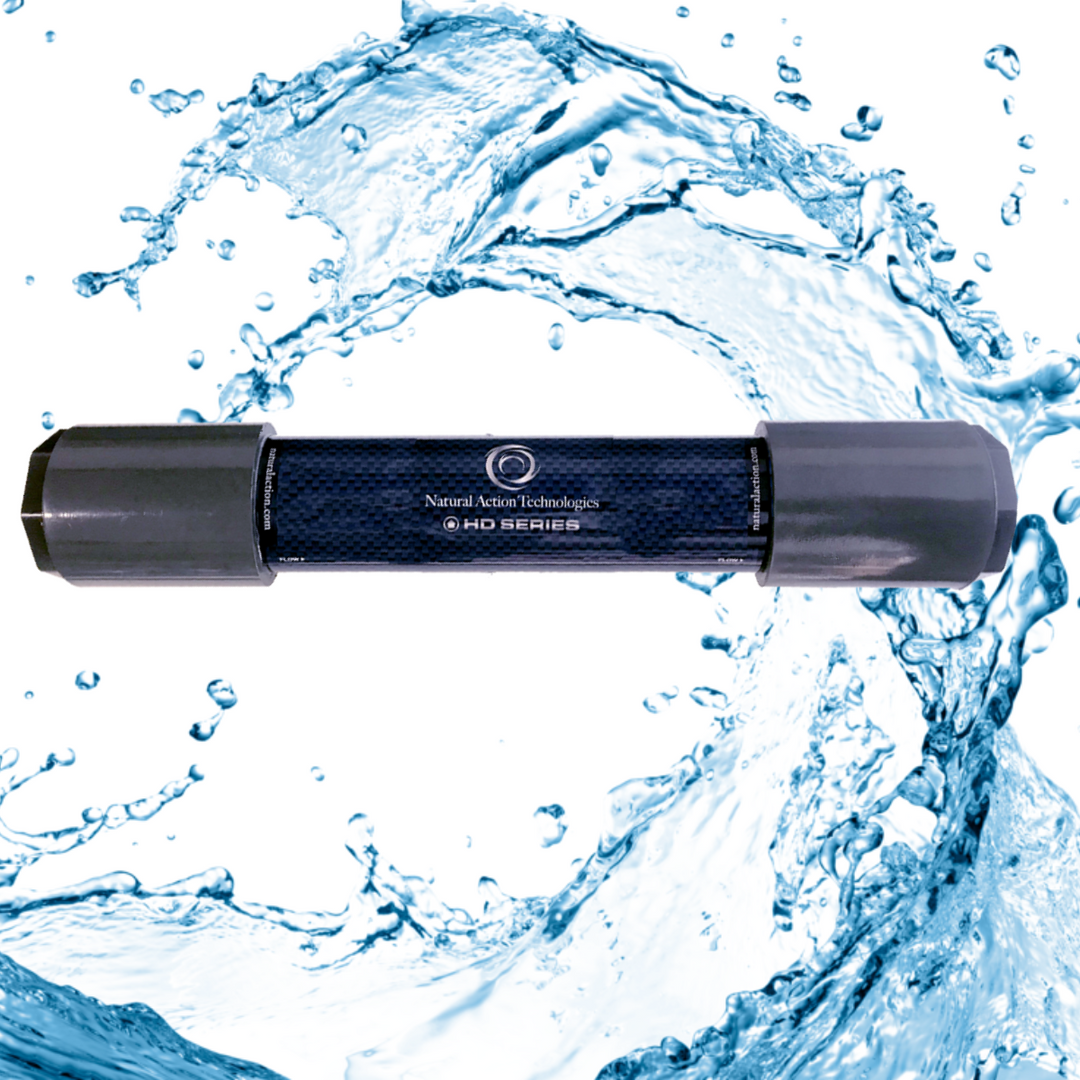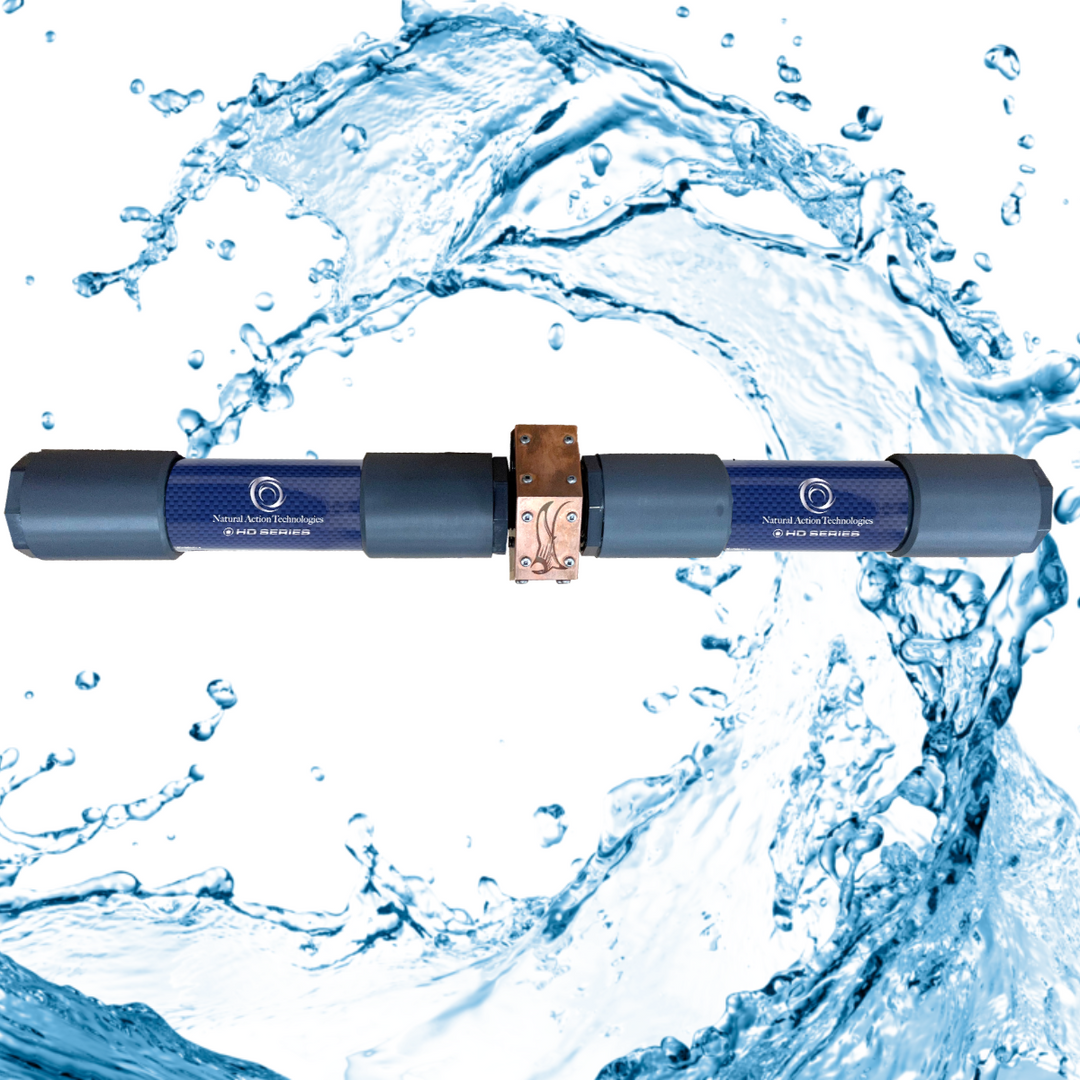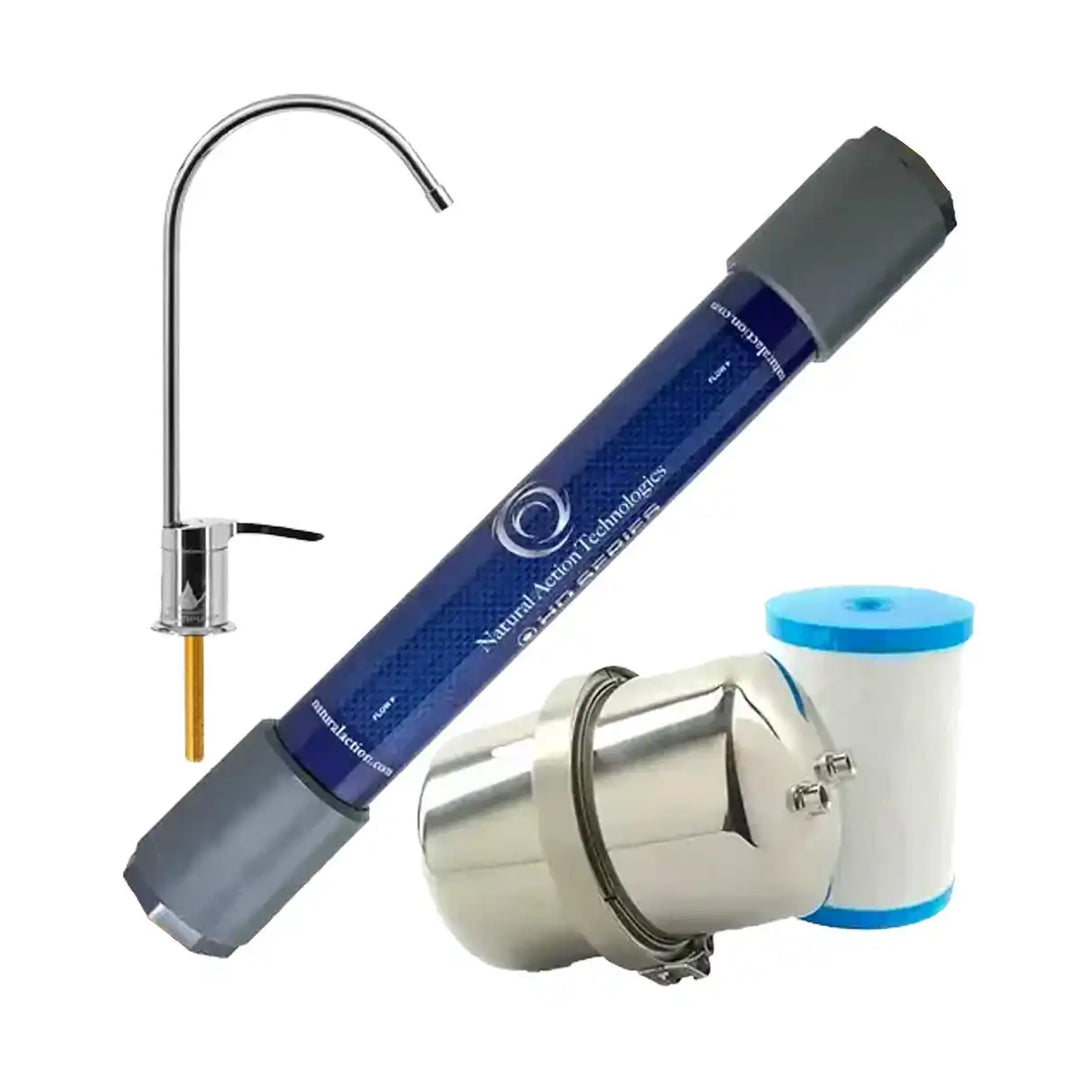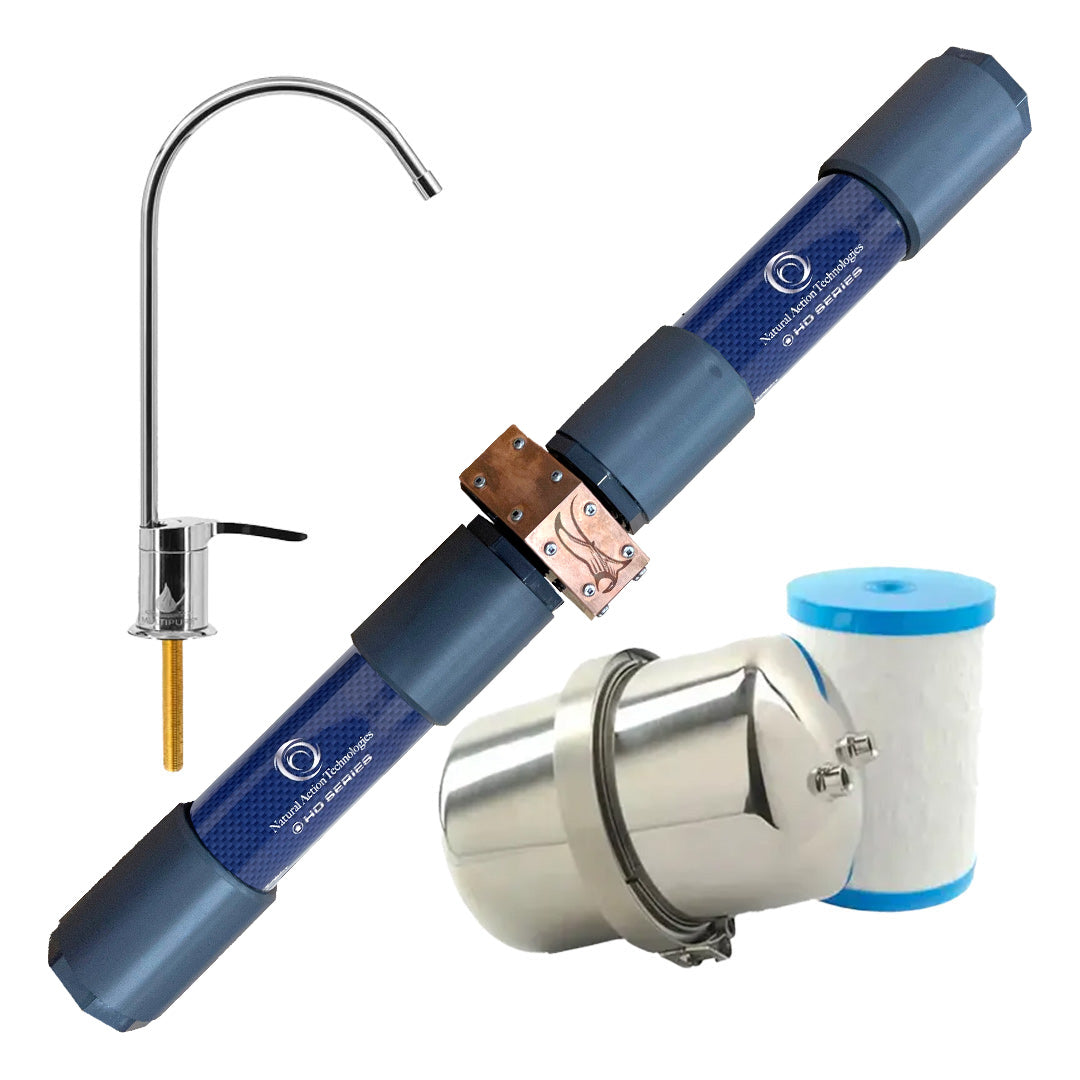Water is at its happiest when it's shared freely, without expectation or compensation. Every human being on this earth deserves not only enough water to survive, but to thrive. And as we've seen, the key to thriving is deep hydration. By sharing water, you become a part of a cycle of blessing that endows people with the spirit of life itself. By sharing water for free, you align yourself with the laws of nature, which holds water as a common, not a commodity.
Currently, we live in a world where water has been commodified to the point where one in three people has no consistent access to clean water. It used to be a dystopian future, but the time has already come when now those who can afford to purchase water have the right to live, but if you can't afford to purchase it, then you have the right to die of thirst or waterborne disease.
This capitalistic commodification of the source of life has cast a chasm between life and death.
Can life be owned?
No, of course, life is a vivacity under the will of nature alone, and yet if the source and sustenance of life is owned, then by extension the lives of everyone who require it are controlled as well. In fact, in Chinese, the symbol for water is the same as the symbol for control. There's already a water apartheid between the global north and south. Rich people and people who live in water-rich areas have largely been able to escape the effects of desertification longer, than those who are currently facing the crisis, but at this rate, we will all face it eventually. Global desertification can be traced directly to privatization, and yet in order to address desertification, we have to remove the toxic phenomenon of water privatization.
It will absolutely never benefit water to treat it as a commodity for profit. When we do so, the earth dries up and water gradually disappears. Pipes, pumps, dams, diversions, and stagnant reservoirs are antithetical to the nature of water, which is common in the public trust shared by the bloodstreams of all interconnected life forms within watersheds. Because water is not just life, water is prosperity. There's no abundance without water. This is the simple truth that's been used to make the rich richer by usurping the capitalistic laws of supply and demand to augment private water assets while ensuring its continued scarcity. But the same truth can be used to bring life and abundance to the land, to create food forests of arid areas, to bring deserts back to life.
Water, after all, is a neutral conduit of life, and to devalue her is to value death. She only reflects us back to ourselves and we either thrive or die, prosper or suffer based on our treatment of water. This is why Schauberger said, the true foundation of all culture is the knowledge and understanding of water. And he said, protecting the secret of water is a means to protect the interest power of money. Only in an economy of scarcity can interest thrive. The price of food and the cost of mechanical power would sink to such low levels that speculators would be able to gain nothing from them. Free access to nutrition and mechanical energy are such radical ideas that our concept of the world and all ideologies would be turned upside down.
The secret of water is the secret of capital, which is why any attempt to reveal it is ruthlessly terminated. Our relationship to water is our relationship to the effulgence of life, and shifting our relationship to water as one of freedom, abundance, nourishment, and sharing will fundamentally shift our relationship with life itself and our ways of living on this planet from the inside out, seeding a new paradigm from within. If you can count yourself among those privileged enough to have never experienced prolonged thirst, then there is an even greater onus upon you to take seriously this invitation to share free water. So how does nature free water? Well, aquifers give water as it rises to a spring, and plants and trees give water in a process called transpiration, and the sky gives water in the form of rain and snow, and animals give the water they drink back to the land.
Water is always in a constant cycle through the web of life. It is always being shared. No living thing except for humans would think to hoard water for themselves and allow other life to dry and die. We all know that nature doesn't have coin slots by her riverbanks and springs don't double as vending machines. The earth provides enough to sustain all and asks nothing in return. The ancient concept of the commons is based on the belief that what belongs to one belongs to all. As Maude Barlow explains in the report on the water commons, many indigenous societies to this day cannot conceive of denying a person or family basic access to food, aid, land, water, and livelihood, as these are all shared as a part of a commons.
But modern civilized human beings come in and steal water from aquifers, robbing the local ecosystem of its bloodstream so that plants and animals wither. And they do this in order to sell what was freely given by nature. They feed this water to crops and then sell all the manufactured goods produced from what the water has grown, where they expend massive amounts of water in the process of mining for minerals, which they turn into goods for sale. In a way, they're making money from nothing. They're turning water into gold. But at what cost? If we massively ship water out of a wet area, the ecosystem is disrupted, habitat is damaged, biodiversity is reduced, and aquifers are dried, then the water-rich area we export from becomes desertified.
And the dry, arid area that imports this water will simply consume the water and send it back to the ocean via sewers, thus remaining a desert. So where one desert region existed before, now there are two. And this is how drought proliferates by the commodification of water. Scarcity is not nature given, it's a product of a culture's relationship to water. Cultures that waste water or destroy the fragile web of the water cycle create scarcity even under conditions of abundance, whereas those that honor every drop can create abundance out of scarcity.
Okay, now I'm going to blatantly contradict everything I said before because life is a paradox and many things can be true at the same time, right?
Does nature really give water for free?
Depends on whom you ask. According to many indigenous traditions, humans have a responsibility to give payment for their bodies of water and their lives, whom water sustains.
The Kogi of Colombia call it pagamento, meaning payment, in the form of tribute, prayers, and offerings. The Kogi Mamos, or shamans, are known to say, for everything is taken from the earth, something must be paid back in the form of gratitude and service. So if you freely receive spring water from your watershed, could you pay your watershed back by serving it? Maybe by picking up trash along the riverbank or collecting water and then re-infusing it back into the waterways after you've tended and ennobled and made it more beautiful. Or could you dig water retention ponds in your land to help the water seep down into the aquifer and prevent runoff and topsoil erosion?
In Bali, they call it Tirta Kanang Sari. Tirta means holy water, ka and nang mean beauty and purpose, and sari means essence. Every single day, Balinese people craft beautiful baskets full of flowers, incense, and offerings of fruit and candy, which they place prayerfully in every sacred corner of their homes and land, and they always, always place these kanang sari on bodies of water every river pool and even jugs of water dispensers receive offerings and prayers every day so I invite you not only to align with nature by giving water away for free as all other life forms do, but by actively giving to water as well. Give her your time, attention, praise, and offerings. You might consider being a water carrier for your clan, or consider going on pilgrimage to collect this vibrant, vital source of life and bring it back to your people.
You can fill up a van with several six-gallon carboys, even if you have to drive an hour or two to go to a spring to do it. I mean, who doesn't go an hour or two to the airport? It's a sacred charge, and you will be healing up and blessing your whole community by doing so. And to those of you who take on that service, I really honor you. And many people also take on the practice of carrying blessed waters, or what the Celts called wished waters. This water is not for drinking, it's for prayer and ceremony, and you can gather water from sites around the world and share and spread and commingle it with other waters from around the world, everywhere you visit, and sharing with every other water carrier that you meet, joining together the disparate corners of the earth in little bottles of liquid prayers that you carry with your intentions into the collective hydrological cycle of the planet.
Because of the property of epitaxy or transference, this is where a solid or liquid that is highly ordered, like a crystal, will bring more order and structure to any random bulk liquid that's in or near it. If you pour a bit of highly structured, healthy, happy water into a larger body of bulk water, it will help heal and uplift the water around it. Another way to engage in freeing water is by contributing to water-based charities. A few of my favorites are the Blue Planet Project, the Waterkeeper Alliance, and Water for Life Global. If you only take one thing away from this section of the course, I hope to the realization that water is not some stagnant object to be bought and sold and used and discarded.
We cannot continue to objectify the source of life. It only leads to the objectification of all life, which in turn allows for the devastation of our planet. Don't be fooled by her apparent simplicity. Just because she's colorless and tasteless and formless doesn't mean she's lifeless. You might not be able to see what's going on inside of her just with the naked eye any more than you can see all of the cells and minerals and electrical signals and a drop of your own blood. But if you put either under a dark field microscope, then suddenly a whole world of activity becomes visible. She deserves the humane and loving treatment that we would give to any living thing whom we love and cherish.
I invite you to love and cherish your water today.
I'll see you in the next video. Stay hydrated.




